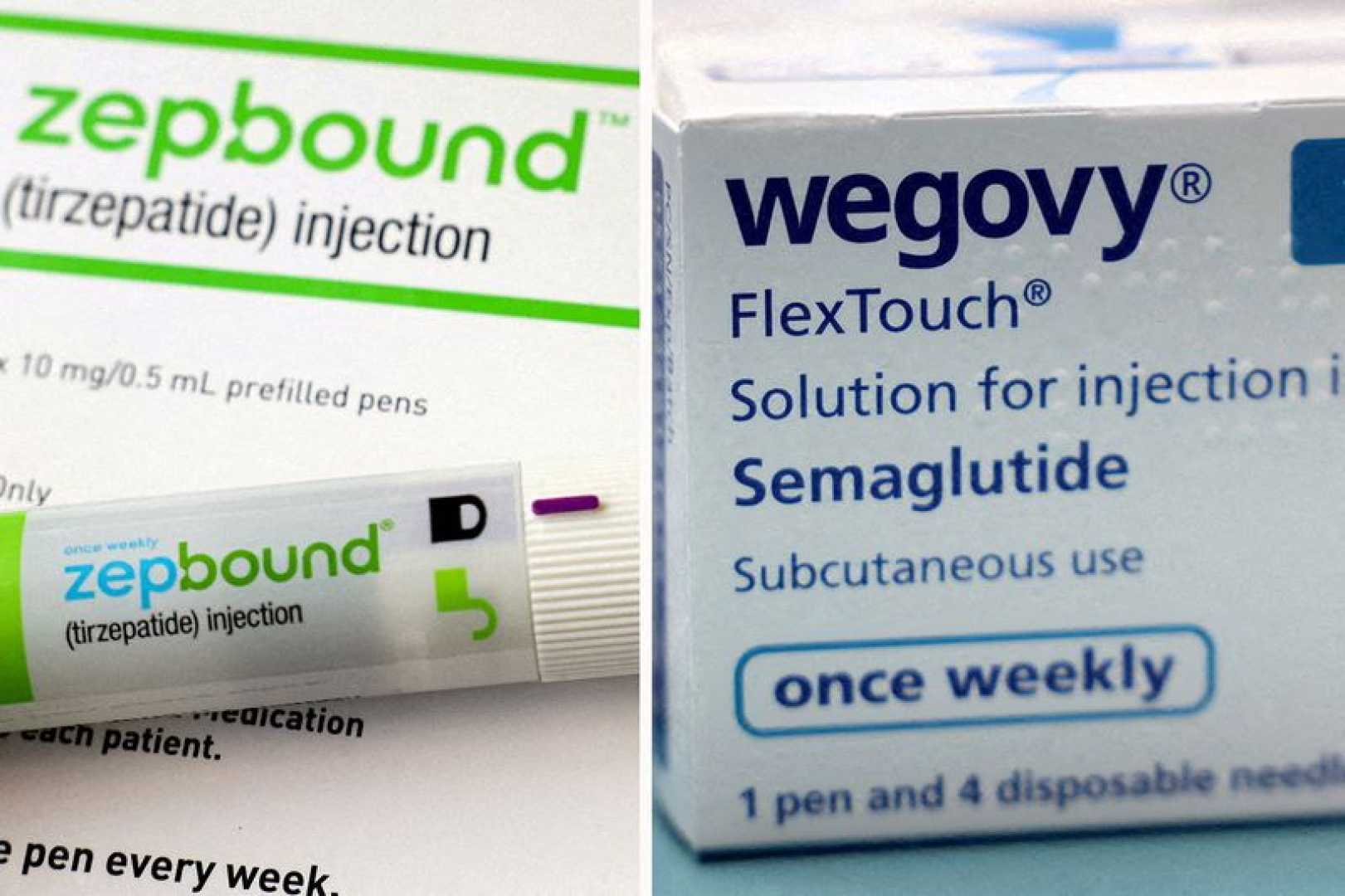Health
Wegovy and GLP-1 Drugs: Weight Loss Benefits Offset by High Health Care Costs and Low Adherence

Recent studies have highlighted the complex impact of GLP-1 medications, such as Wegovy, on health care costs and patient outcomes. Despite their efficacy in weight loss and managing type 2 diabetes, these drugs have not yet led to a reduction in overall health care expenses. A new analysis by Prime Therapeutics, a pharmacy benefit manager, revealed that individuals with obesity who started GLP-1 treatments experienced a 46% increase in average yearly medical expenses over two years, compared to a 14% increase for a control group not using these medications.
The primary driver of these increased costs is the high expenditure on prescription drugs, along with rising additional medical costs during the treatment period. The study also noted that there was no significant decrease in obesity-related health incidents, such as heart attacks, strokes, and new diagnoses of type 2 diabetes, when compared to the control group. This data challenges the notion that GLP-1 medications would lead to immediate cost savings in health care.
Another significant issue is the low adherence to these medications. Only 25% of patients prescribed Wegovy or Ozempic for weight management continued their treatment after two years, which complicates the replication of positive outcomes observed in clinical trials. David Lassen, Vice President for Pharmacy Clinical Services at Prime Therapeutics, emphasized the need for more data and time to assess the comprehensive impact of these medications on health care costs.
In addition to the financial and adherence challenges, GLP-1 medications like Wegovy have shown promising benefits in other areas. A recent study published by researchers from Case Western Reserve University School of Medicine found that semaglutide, the active ingredient in Wegovy, may significantly reduce the risk of Alzheimer’s disease. The study indicated a 70% reduced risk of Alzheimer’s when compared to insulin and a 40% reduced risk when compared to other GLP-1 drugs. This suggests potential neuro-protective effects of semaglutide beyond its role in weight loss and diabetes management.
Wegovy, approved by the FDA in June 2021 for long-term weight management, is administered via injection once a week and is designed to be used in conjunction with a reduced calorie diet and increased physical activity. It is suitable for adults with a BMI over 30 or those with a BMI over 27 who have weight-related health conditions. Despite its efficacy in clinical trials, the high upfront costs and uncertainty about long-term savings have made many U.S. and government programs hesitant to provide coverage for these medications).












